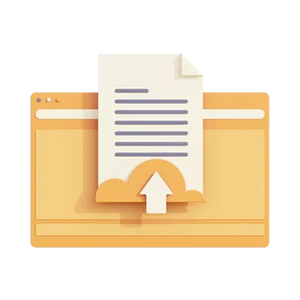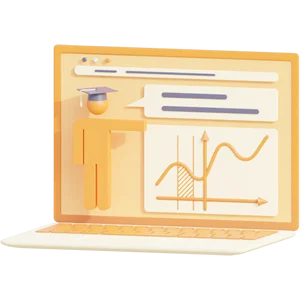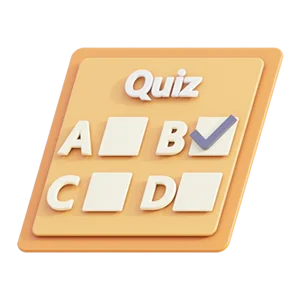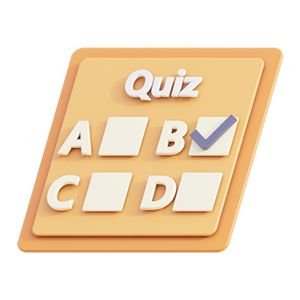Business Vocabulary Units 1-34
Market Leader Business Vocabulary Units 1-34
Preview samenvatting (3 van de 25 pagina's)
Voordelen van Knoowy
€ 5,99
 Niet tevreden? Geld terug
Niet tevreden? Geld terug
 Document direct te downloaden
Document direct te downloaden
 € 0,50 korting bij betalen met saldo
€ 0,50 korting bij betalen met saldo
-
 Ontvang gratis oefenvragen bij document
Ontvang gratis oefenvragen bij document

Specificaties
- School: Saxion
- Opleiding: Hoger Hotelonderwijs
- Vaknaam: Business English 1
- Alle documenten voor dit vak ›
- Studiejaar: 2016
Document
- Rubriek: Samenvattingen
- Gemaakt op: 12-01-2021
- Type: .pdf
- Pagina's: 25
- Taal: English
Tags
Verkoper
Verdienen aan je samenvattingen?
Vakken van Hoger Hotelonderwijs - Saxion
Meer Hoger Hotelonderwijs ›academic review bedrijfseconomie business accounting & finance business english 1 connected leadership engels english 1 english 2 gastvrijheid wereldwijd hotelmanagement hots hotelgame juridische aspecten van hotelmanagement kennismaken met onderzoek management & organisatie management en organisatie marketing 2 marketing a - industry dynamics portfolio marketing for hospitality and tourism ondernemen in hotelmanagement organizational behaviour professionele ontwikkeling rapporteren wereld van hotel management wereld van hotelmanagement wijnkennis, wereld van hotel
Al meer dan 146.000 tevreden studenten
-
Jaygerius
Snelle levering en duidelijke samenvattingen met grote aanbod per schoolvak.
-
Mathilde168890
Dit is een hele handige site voor als je zelf niet goed kan of geen tijd hebt om samen te vatten. Aanrader!
-
Vincent
Tijdens mijn studietijd heeft Knoowy altijd goed geholpen om extra steun te krijgen voor mijn opleiding. Nu help ik andere studenten.
-
Erik Wemmers
Dankzij Knoowy heb ik altijd en overal de informatie die ik nodig heb om mijn studie te halen. Met mijn samenvatting kan ik ook weer andere studenten helpen.
-
JoranSimonse
Ik ben heel tevreden met Knoowy. Samenvattingen zijn niet duur en er zijn er vaak meerdere.
-
Houtdoo
Heel fijn en handig dat dit er is. Ik ben niet goed in Engels en op deze manier kom ik makkelijker door de lesstof heen.
-
CaroLina1970
Goed! Documenten waren meteen te downloaden zonder gedoe.
-
Klemm
Wanneer je ook nog een baan hebt naast je studie! Is Knoowy je beste vriend.
 Actie: ontvang 10% korting bij aankoop van 3 of meer items!
Actie: ontvang 10% korting bij aankoop van 3 of meer items!
Actie: ontvang 10% korting bij aankoop van 3 of meer items!








